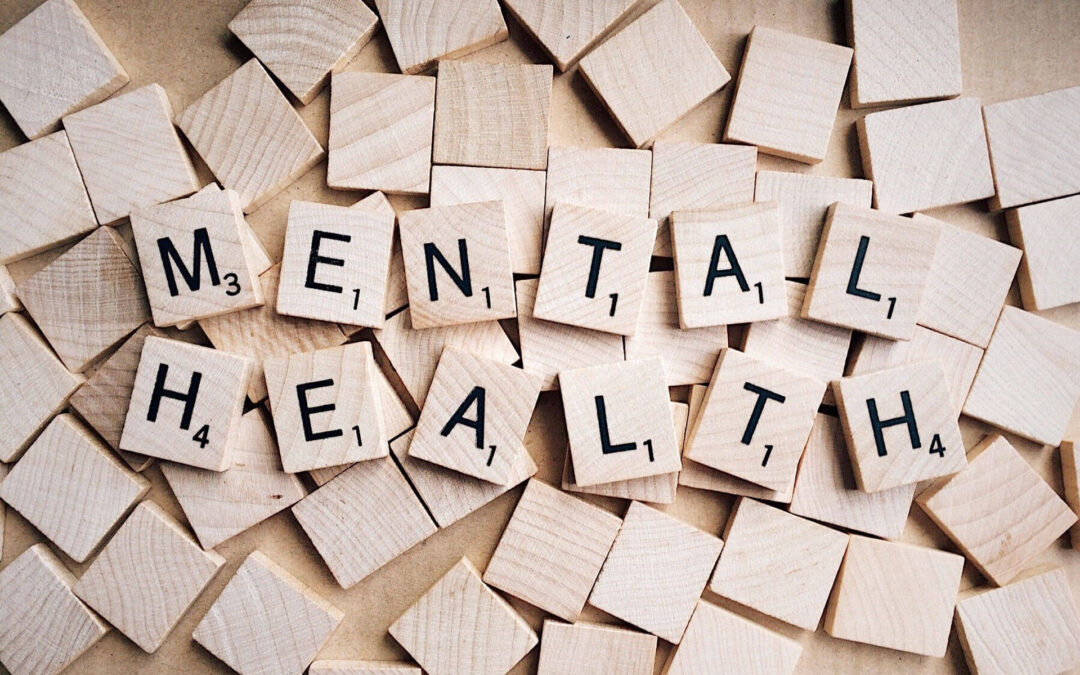Stress. We all experience it, and the past year has had no shortage of it. But has stress turned into our autopilot setting? Let’s take a moment and calmly think about how burnout affects our day-to-day lives.
There are many perceptions about stress as a “state of being.” Some may feel they thrive on anxiety to get tasks done, while others may use it as an excuse to be unfocused, detached, or out of control, allowing stress to stop them from being at the top of their game.
Regardless of how you view stress, most people can agree that constant worry is not a pleasant feeling, nor is it something you want to feel regularly.
The feelings of stress and its effects vary from person to person. Stress can be acute, long-standing, chronic, emotional, physical, mental, or even a combination of all six.
The effects of stress include (but are not limited to) short-temper, anxiety, sleeplessness, lowered immune function, digestive issues and irritable bowel disease, hives, shingles/herpes, viral infections, low energy, hyper-activity, over-eating, addictions… the list goes on and on.
Many people who find their stress debilitating can get an overwhelming feeling of helplessness; believing that there is not much that can be done. As such, they may find themselves simply “plugging along,” or “just trying to get through the day,” in hopes that their chronic stress will somehow go away or lessen on its own.
While there is no magic potion to make stress disappear, there are ways to holistically and naturally lessen our response to it.
In order to implement any stress-reduction approach, awareness is key; paying attention to how stress is showing up for you and what the trigger may be can provide you with invaluable insights on how to best address your current state.
Once identified, ask yourself – is the stress caused by a situation, feeling, perspective, detrimental behavior, or association you can change or modify? If the answer is yes, look at, and incorporate, various lifestyle modifications to ease the stress and support your health and well-being.
A Few Quick Tips on How to Ease Stress and Support your Health and Well-Being:
- Incorporate breathe work into your daily or weekly schedule. This can be accomplished through mediation and yoga.
- Establish and practice a daily ritual that provides you with a sense of calm. This can be as simple as a daily herbal tea, preparing yourself a bath with essential oils, taking a 5-10 minute walk outdoors, or even journaling.
- Make yourself a well-balanced meal. Be sure to eat (and drink) healthy foods that include, cooked vegetables, lean proteins, and a reduced sugar and caffeine intake.
- Practice gratitude.This can be done by saying or writing what or who you are grateful and thankful for.
- Seek out a holistic healer. Acupuncture and Energy Practitioner sessions have been proven to balance and restore.
- Make yourself of service to others. Studies have shown that volunteering and getting time away from your own issues to focus on others can greatly reduce stress.
- Tap into your right brain and foster your creativity. Creative activities include but are not limited to: coloring, painting, cooking, gardening, dancing, singing, or even just listening to your favorite song.
- Get some movement in. Regular aerobic exercise, playing sports, weightlifting, body weight exercises, or even walking can aid in stress reduction. (Extra points if you’re able to incorporate movement outdoors!)
- Get some zzz’s. We’ve all heard it before – a regular sleep schedule can work wonders when it comes to alleviating stress. Stress has been known to interrupt our sleep cycles, which then leads to even more stress, reducing our sleep quality even further, making it a vicious cycle. When trying to get high quality sleep time in, be sure to turn off your devices at least an hour before bed time; swap out screen time for some relaxation-friendly activities. This hour is a perfect time to implement many of the above stress reduction modalities.
- Enlist a Coach! Integrative Wellness Alliance has coaches matched to your needs, goals, and overall well-being.
Remember, while feelings of stress are normal, and part of being human, they do not need to be your default state of being and should most definitely not stop you from living your best life.
Are you ready to reduce chronic stress from your life? Click here to connect with us and find a program that is perfect for you!

